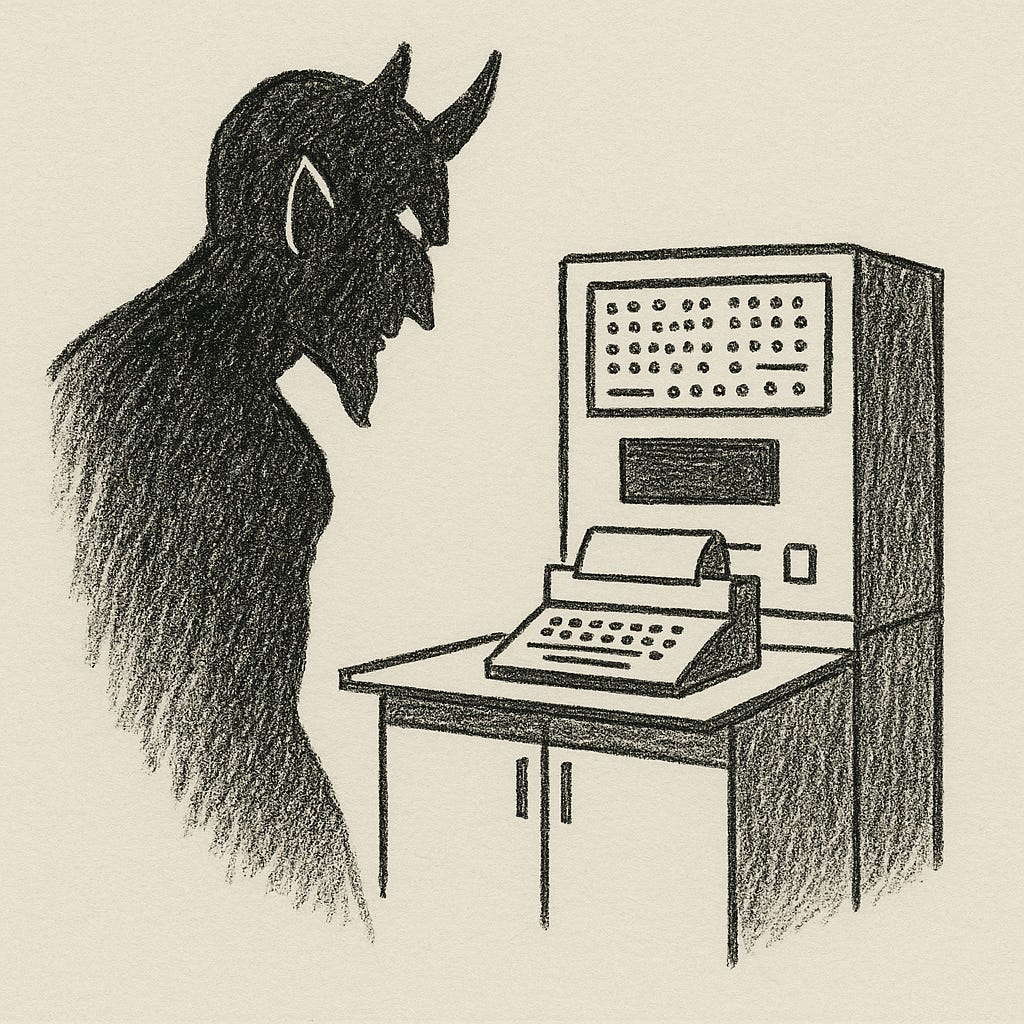An Attack on Bitcoin
It always seems that the things that you love and hold dear get attacked.
The idea of Good and Evil in the world seems higher in contrast, more evident and in plain sight.
The following statements may sound pretty abstract and unrelated, but the more you understand Bitcoin, the more it makes sense and becomes obvious.
In my opinion Bitcoin is one of the few, genuine, forces that act as a good for the people. Shrinkflation, engineered obsolecence, smaller seats on planes, the disappearance of affordable and healthy food, 10 minute cities, the disappearance of artisans. All symptoms of a putrid economic system.
Bitcoin is the only force that works towards enabling unbound time, human creativitiy and timeless beauty.
However, in the background, there is an attack ramping up on Bitcoin.
The Power of Immutability
There is the concept of mutability (something can change) and immutability (something cannot change).
Within Computer Science, immutability is a super power, but it comes at the cost of increased storage. However this is negated as we have Kryder’s Law (the cost of storage goes down with time). In prior decades we used to keep the storage the same to save costs and just keep on updating the same record as time progressed. Imagine a Student record, that in Grade 1 Gets created. Then in Grade 2 it gets updated with the new teacher, their new subjects that the student is taking and so on.
With time, humans recognized that Data is valuable. The more data you have the more value you have. Now, instead of updating records, we just turn everything into a ledger and add a differential change. For example if you had a woman’s citizenship record, maybe their name was Brown but now is Paulson. You would add a new row to the database with their new last name, not modifying the previous.
The same goes for accounting systems. These additions being positive or negative are known as a ledger system.
Hashing
Bitcoin negated nefarious actors ability to control the system by swapping centralization for decentralization. Meaning not one company is entrusted as the owner of the system but a network of participants.
To work, you would need everyone working with the system to have a copy of the data.
So Bitcoin’s blockchain contains every record, for all history.
So if everoyne has a copy, how do you stop them from tampering with it?
The answer lies with hashing - which is a mathematical operation that takes in a huge amount of data and provides a short, fixed length, deterministic (always the same when you run it multiple times) output.
This means that for a giant volume of data, if you change one tiny thing in it, the small hashed value will look completely different.
A smoking gun if anyone tries to change it.
Simplifying Merkle Trees and hash chains - to compute the latest, you must have a copy of all past.
The Attack Vector
Now given that Bitcoin contains an immutable history of all data that has been added to Bitcoins blockchain, any data on it good or bad is replicated to all participants.
Bitcoin Core - the development team that has been to date, supporting the Bitcoin protocol is looking at allowing a potentially damming inclusion into Bitcoin.
An additional ability to include a lot more arbitary data.
When designing systems, one must have adversarial thinking in place to think of all the what-ifs.
Now, as a go-forward - what if someone puts bad pictures into Bitcoins block chain?
This data would be copied to all participants.
The whole network would be open to being attacked in a 1-2 punch by state level actors stuffing the blockchain with bad images, then attacking those supporting the network with legal action from a morality point of view.
Bitcoin really is the worlds first successful challenge to a system that has a monopoloy on human enslavement.
This financial backbone must have minimal arbitary data inclusions. Anything else required beyond that can be layered in on top via other technology.
A few bytes is enough. Not enough to store an explicit image.
The Bitcoin Core team plan on rolling out this deliberate vulnerability right away. It is saddening when you see a candle of hope getting buffeted by the winds of malice and corruption.
The idea of whether a decentralized custodian (the people that look after Bitcoin) could ever work really is a good modelling of whether Democracy could ever work.


